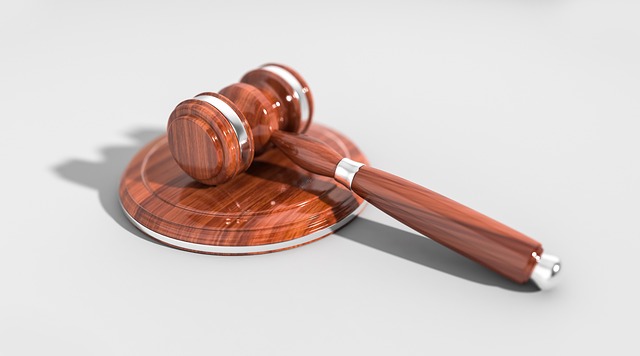Supreme Court Intervenes in Louisiana Redistricting
In a significant decision, the Supreme Court has temporarily blocked the implementation of Louisiana's newly drawn congressional map. The ruling comes amidst allegations that the map dilutes the voting power of Black residents, potentially violating Section 2 of the Voting Rights Act of 1965.
The Heart of the Dispute: Racial Gerrymandering Claims

Plaintiffs in the case argue that the Louisiana legislature, controlled by Republicans, intentionally packed Black voters into a single congressional district, thereby weakening their influence in other districts. This practice, known as racial gerrymandering, has been a contentious issue in redistricting battles across the nation.
Critics contend that the map should have included a second majority-Black district, given the state's significant Black population. "The current map unfairly diminishes the voice of Black voters in Louisiana," stated legal analyst John Roberts on Fox News.
Conservative Justices' Reasoning

While the Court's decision was not unanimous, several conservative justices joined with their liberal colleagues in issuing the stay. Their reasoning, according to court documents, centers on the need for further review of the lower court's ruling and the potential for irreparable harm to voters if the map were allowed to stand during the upcoming elections.
Impact on the Upcoming Elections
The Supreme Court's intervention throws the Louisiana congressional elections into uncertainty. It is unclear whether the state will be forced to redraw its map before the November elections. This could have significant implications for the balance of power in the House of Representatives.
Legal and Political Fallout

The decision has sparked strong reactions from both sides of the political spectrum. Democrats have praised the Court's action as a victory for voting rights, while Republicans have accused the Court of overstepping its authority and interfering in state affairs. "This is a blatant attempt to federalize election administration," commented Senator Bill Cassidy (R-LA).
Future Implications for Redistricting
This case could set a precedent for future redistricting challenges across the country, particularly in states with a history of racial discrimination. The Supreme Court's ultimate ruling will likely shape the legal landscape for voting rights for years to come.
- Read the full Supreme Court decision.
- Follow updates from the Louisiana Secretary of State's office.
- Consult legal experts on voting rights.
